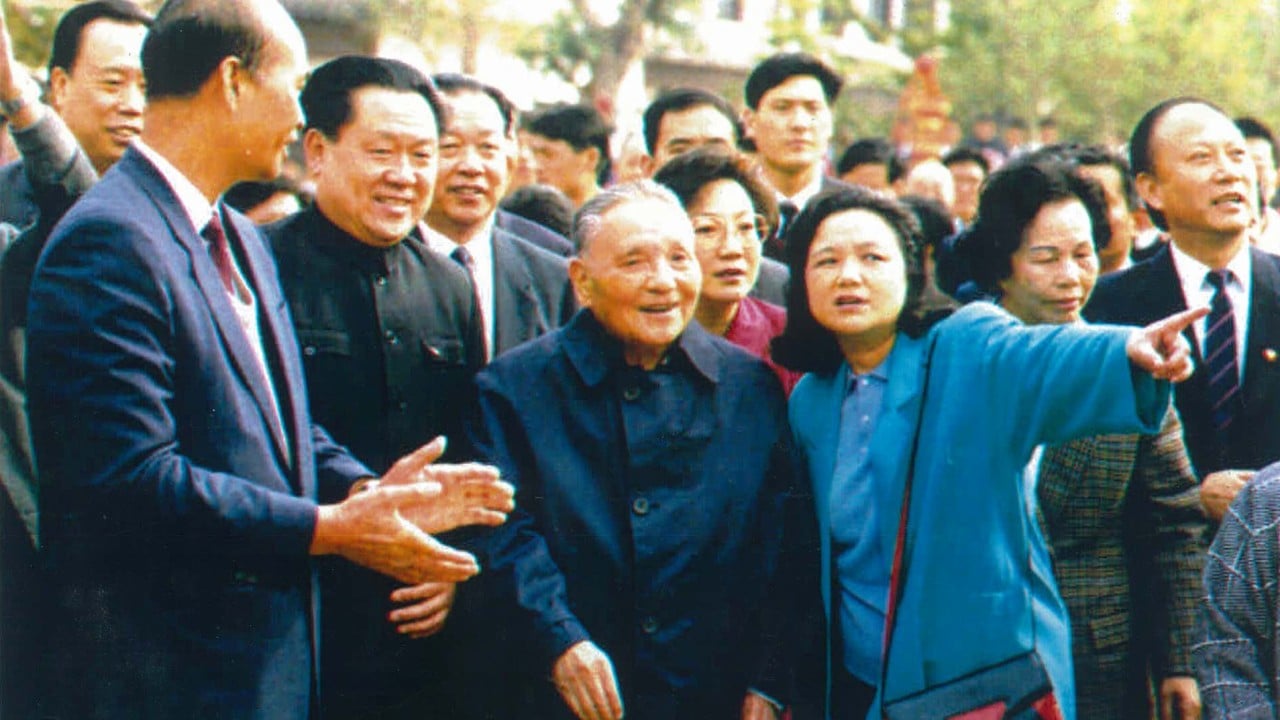On the 60th anniversary of the establishment of the Inner Mongolia autonomous region in 2007, a celebratory special by state media included a brief history of the late Deng Xiaoping’s observations.
Advertisement
“In June 1987, while analysing Inner Mongolia’s economic development, Deng Xiaoping, the chief architect of China’s reform and opening-up, predicted that Inner Mongolia was likely to ‘take the lead’,” it read. Under a black and white photo, the text continued: “This was in January 1992, when he pointed out in his Southern Tour speech: ‘The Middle East has oil, China has rare earth elements.’”
Among his many immortal sayings, the one on rare earths understandably has figured prominently of late.
If China’s global dominance in rare earths has helped turn the table on Donald Trump’s tariff war, Deng’s early recognition of China’s backwardness in science, technology and related education – and consequently heavy investments in those fields – has now stood the nation in good stead for Washington’s tech war.
That was back in 1977, when China was just emerging from the insanity of the Cultural Revolution. Deng was overturning Mao Zedong’s long-standing antipathy towards basic science, which was deemed impractical as opposed to power-projecting technological applications like the atomic bomb.
Advertisement
In an exchange with two comrades that was transcribed and titled “Respect Knowledge, Respect Trained Personnel”, Deng showed he could be long-winded, but just as prescient: “The key to achieving modernisation is the development of science and technology. And unless we pay special attention to education, it will be impossible to develop science and technology … we must have knowledge and trained personnel. Without them, how can we develop our science and technology?”

